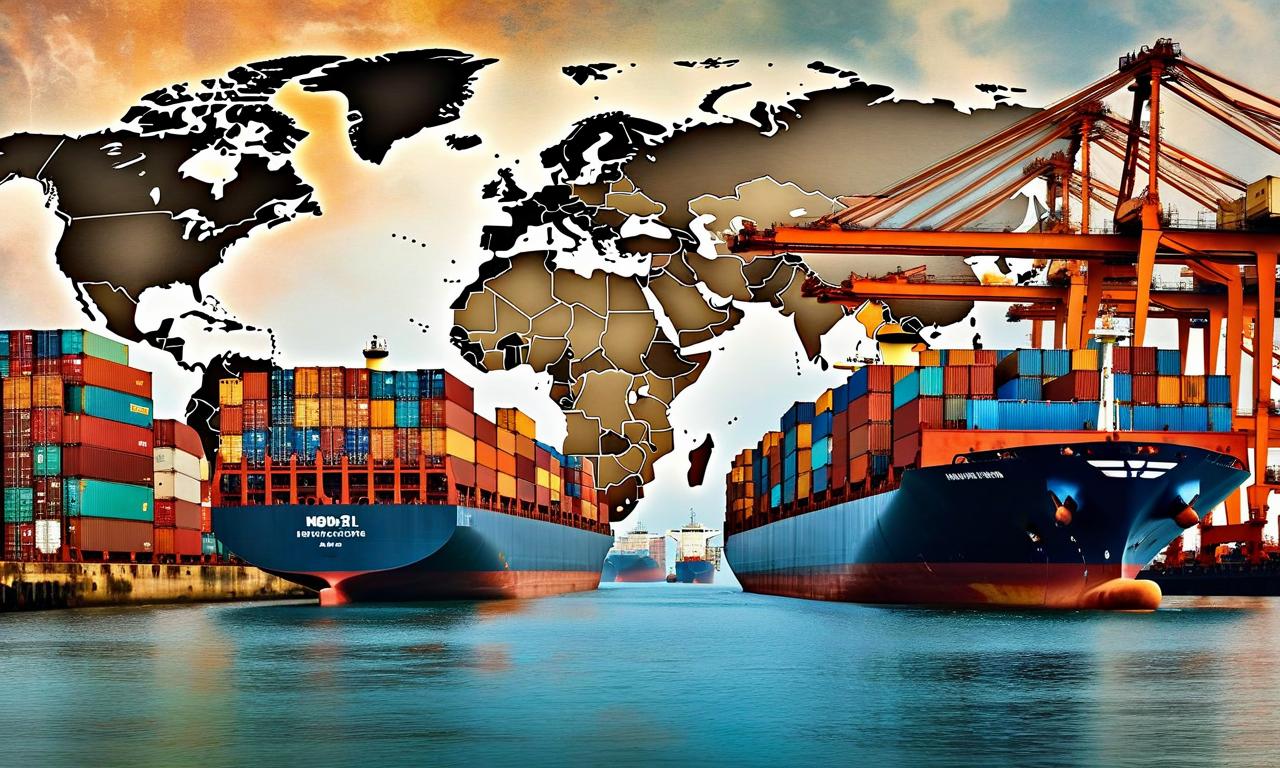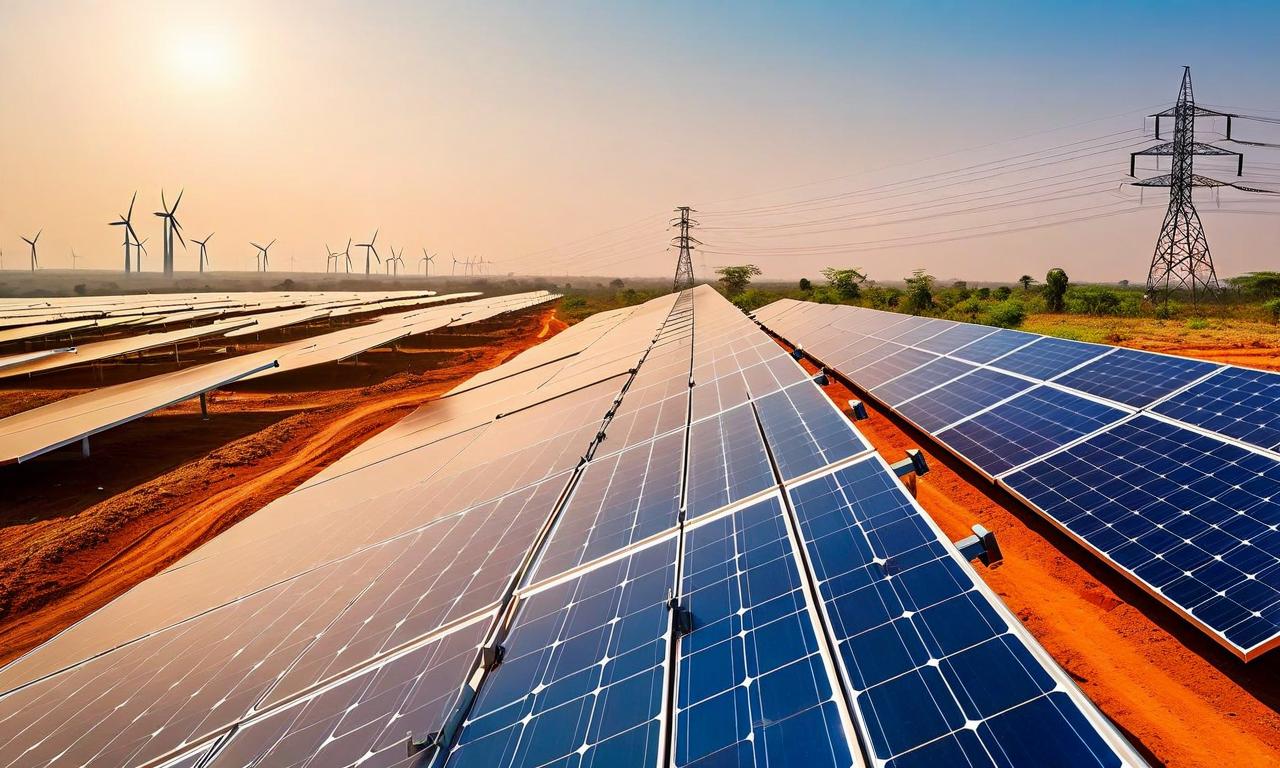Trump Hosts Tech Titans, Plans Major Tariffs on Semiconductor Companies
President Trump hosted a dinner for over two dozen tech and business leaders at the White House Rose Garden. Attendees included Mark Zuckerberg, Tim Cook, Bill Gates, Sam Altman, Sundar Pichai, and Safra Catz. The event highlighted growing engagement between the tech industry and the Republican administration. Trump announced plans to impose tariffs on semiconductor chips for companies not relocating operations to the US.

*this image is generated using AI for illustrative purposes only.
President Donald Trump recently hosted a significant dinner for over two dozen technology and business leaders at the newly renovated White House Rose Garden, underscoring the tech industry's growing engagement with the Republican administration. The event brought together some of the most influential figures in the tech world.
Silicon Valley's Finest at the White House
The guest list included prominent tech leaders such as:
- Mark Zuckerberg, founder of Meta
- Tim Cook, CEO of Apple
- Bill Gates, founder of Microsoft
- Sam Altman, CEO of OpenAI
- Sundar Pichai, CEO of Google
- Safra Catz, CEO of Oracle
These tech luminaries gathered in the recently refurbished Rose Garden, which now features a stone patio and umbrella-covered tables.
A New Chapter in Tech-Government Relations
This high-profile dinner comes at a time when the technology sector is actively seeking to strengthen its ties with the Republican administration. The event's timing and location suggest a deliberate effort by both the White House and the tech industry to foster closer collaboration and dialogue.
AI in Focus
Notably, the dinner followed a White House AI event hosted by First Lady Melania Trump, highlighting the administration's growing interest in artificial intelligence and its implications for the future.
Notable Absence
While the dinner brought together many of tech's biggest names, Elon Musk was not included on the invite list. This omission has sparked speculation about the dynamics between the Tesla and SpaceX CEO and the current administration.
Trump's Tariff Announcement
During the meeting, President Trump made a significant announcement regarding semiconductor companies. He revealed plans to enforce major tariffs on semiconductor chips, specifically targeting companies that do not relocate their operations to the United States. This move aligns with Trump's ongoing efforts to bring manufacturing back to American soil and could have far-reaching implications for the global semiconductor industry.
Conclusion
The gathering at the White House Rose Garden marks a significant moment in the evolving relationship between Silicon Valley and Washington, potentially setting the stage for future collaborations and policy discussions in the rapidly advancing world of technology. The announcement of potential tariffs adds another layer of complexity to this relationship, particularly for companies in the semiconductor sector.

























